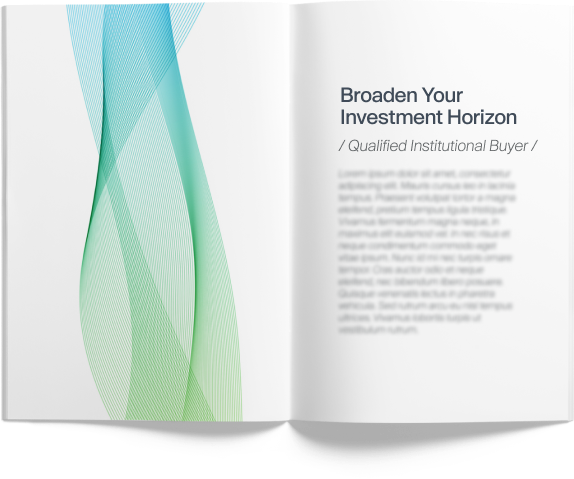Private Market Glossary
What is a qualified institutional buyer (QIB)?
A qualified institutional buyer (QIB) is an entity that meets certain Securities and Exchange Commission (SEC) criteria and is allowed to purchase securities that are not available to other investors or purchase securities with the intention of reselling those securities. Generally, QIB is an entity that owns and invests on a discretionary basis at least $100 million for the entity’s own account or the accounts of other QIBs.

A better understanding of a qualified institutional buyer
A QIB can be many different types of entities, such as an insurance company, investment advisor, employee benefit plan, etc. Dealers are also considered a QIB if they own and invest at least $10 million in issuer securities that are not affiliated with the dealer in question, or if they act in a riskless principal capacity for other QIBs.
As QIBs, these entities generally have fewer SEC protections and restrictions than ordinary investors. That means that some investment opportunities may only be open to QIBs. In particular, under SEC rule 144A 1, investors who made a purchase from a private placement can generally resell those securities to QIBs without being considered an underwriter.
What role do QIBs play in the private market?
QIBs help bring capital and liquidity to the private market. In addition to participating directly in primary funding rounds, QIBs can also buy shares from other investors after the initial private placement.
QIBs help enable more private market trading activity, which can increase liquidity and ultimately potentially make it easier for some private companies to attract capital.
QIBs can also help facilitate debt funding in the private market, e.g., by having private credit funds purchase privately offered debt securities.



